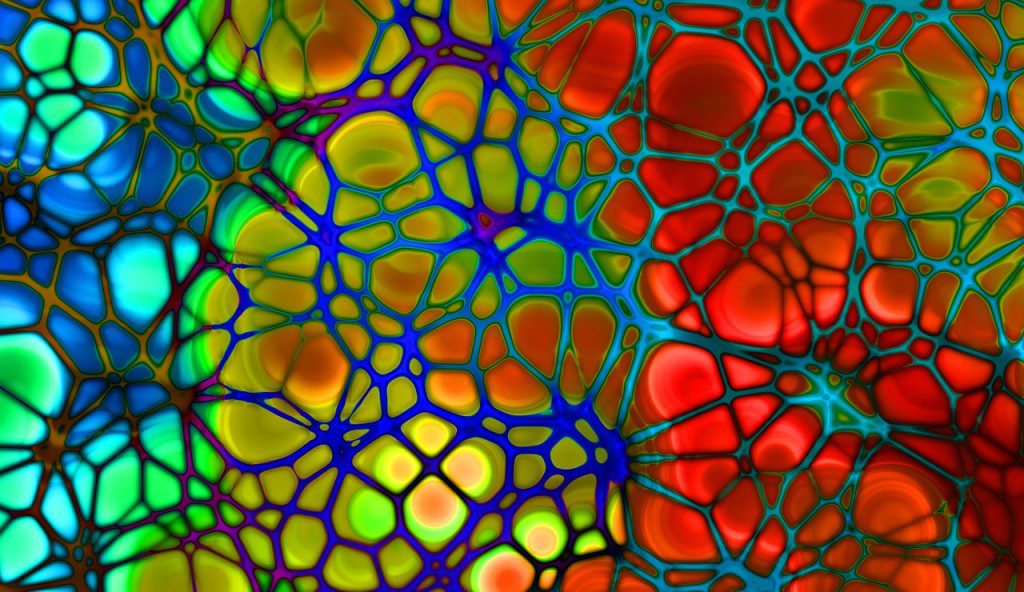Vitamin K, one of the essentially needed vitamins in the body, is also referred to as the clotting vitamin.
There are 3 most common forms of Vitamin K. Two are found in nature (naturally occurring) while the other is synthetic. Biological Vitamin K takes 2 vital forms.
Vitamin K1 (Phylloquinone), found generously in plants or green leafy vegetables, is essential in the food processing of plants (photosynthesis) hence is called the “plant-form” of Vitamin K.
Vitamin K2, (Menaquinone) generally stored in animals, is an essential element in transforming certain protein components in the human body to maintain three basic processes: blood clotting, bone growth and maintenance of healthy blood vessels.
The other form of Vitamin K, also known as K3 (Menadione), does not occur naturally (synthetic) but used to treat some clotting deficiencies. Vitamin K3 is metabolized by the body to Vitamin K2.
Functions of Vitamin K

Vitamin K is one of the fat-soluble vitamins used for helping the body make four of the 13 proteins needed for blood clotting. It is also important in the creation of bone proteins, which help people’s bodies maintain strong bones and good posture which is most needed by elderly people and newborns.
Recent research has shown that low levels of circulating Vitamin K can be linked to low bone density. With proper supplementation, sufficient Vitamin K in the body will lead to improvements in the body’s biochemical measures in preserving bone health.
What are the signs of Vitamin K deficiency?
Since Vitamin K is a blood clotting nutrient, human blood takes a longer time to clot when people don’t get enough of it. In cases of severe physical injury, Vitamin K deficiency can lead to excessive blood loss or even the risk of death. People with insufficient Vitamin K are more likely to have bleeding and bruising, hence it is pertinent to obtain the same levels of this vitamin in the blood every day. They may also have poor bone health or osteoporosis.
Long-term treatments with antibiotics often lead to vitamin K deficiency; therefore, people who are on chronic antibiotic therapy should be on the look out as they may be at higher risk. Similarly, people with severe digestive disorders cannot synthesize Vitamin K efficiently in the body. For this reason, people should make sure they keep a high level of Vitamin K intake in their daily diet to maintain appropriate Vitamin K levels in the blood.
What are good sources of vitamin K?
 The best way to get enough vitamin K is by taking in good food sources. This vitamin is mostly found in vegetables, especially green leafy ones such as broccoli, kale, collards, spinach, and cabbage; as well as soybean oil. These vegetable sources contain high amounts of this important nutrient, specifically K1 (Phylloquinone). Aside from these foods, smaller amounts can also be found in fish, liver, eggs, meat, and cereals.
The best way to get enough vitamin K is by taking in good food sources. This vitamin is mostly found in vegetables, especially green leafy ones such as broccoli, kale, collards, spinach, and cabbage; as well as soybean oil. These vegetable sources contain high amounts of this important nutrient, specifically K1 (Phylloquinone). Aside from these foods, smaller amounts can also be found in fish, liver, eggs, meat, and cereals.
Minor amounts of this vitamin can also be obtained from the good bacteria that normally live in the gastrointestinal tract. These good inhabiting bacteria manufacture the nutrient from the gut, and we are able to absorb some of it.
Newborns have very low levels of the vitamin in their bodies.
For this reason, a shot of the K vitamin is generally given to newborns soon after birth. This shot is very important as it enables normal blood clotting during the fragile first weeks of a newborn’s life.
Eating the foods mentioned above on a regular basis will provide most people with enough of this vitamin for their daily requirements, hence supplements are usually not needed.
Generally, Vitamin K is a fat-soluble, meaning this vitamin can only be stored and manufactured in the body with the help of fats already in our tissues. On the other hand, water-soluble forms of the K Vitamin can be synthetically manufactured and taken in, as they can be beneficial for people who have problems with fat digestion and absorption and for people who receive long-term treatments with antibiotics. Water-soluble forms are found mostly in many multivitamin supplements.
It is also important to know that people who take anticoagulant/antiplatelet medications should avoid high intakes of vitamin K, as this vitamin prompts blood coagulation or clotting. There are no known records of any side effects related to consuming high intakes of this vitamin, except for people who use anticoagulant medications.
Relevance of Maintained Dietary Intake
It is relevant to understand the function and importance of this often overlooked nutrient and what it does to our body for us to know why it has to be taken seriously. Since we can absorb high levels of this vitamin through the food we eat and with food that’s easily found in the markets, we should make sure that our daily intake remains high. By keeping this in mind, our blood and our bones will be very grateful, and we wouldn’t have to worry about the side effects caused by deficiency.
References:
R. Elaine Turner and Wendy J. Dahl – University of Florida, Institute of Food and Agricultural Sciences
http://edis.ifas.ufl.edu/pdffiles/FY/FY20900.pdf
U.S. National Library of Medicine
http://www.nlm.nih.gov/medlineplus/vitamink.html#cat51
New York Times
http://www.nytimes.com/health/guides/nutrition/vitamin-k


